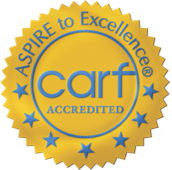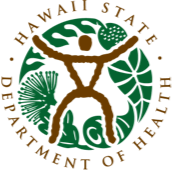We Are In-Network With Most Major Insurances


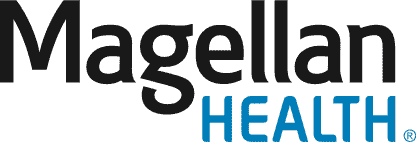



Comprehensive Relapse Prevention in Hawaii
Our 5-Step Admissions Process
Step 1: The Call
Step 2: Insurance Verification
Step 3: Pre-Admission Screening
Step 4: Admission Coordination
Step 5: Welcome to Hawaii Island Recovery
A Healing Experience that Transforms Mind, Body & Spirit

Understanding Relapse in Addiction Recovery

Accreditations
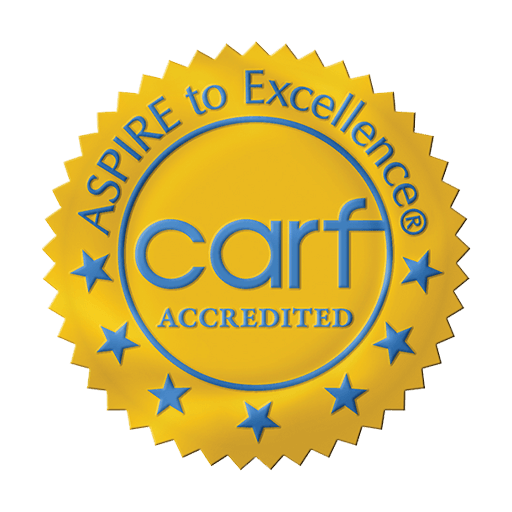
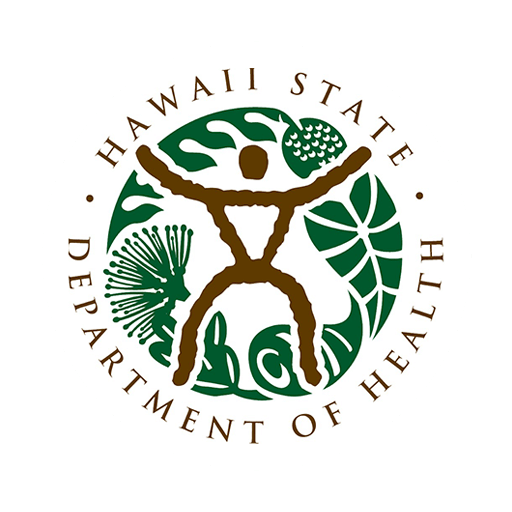
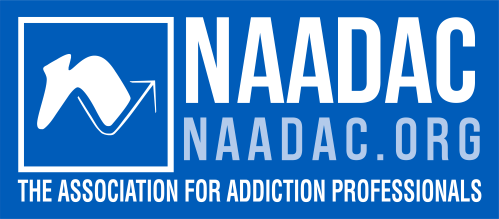
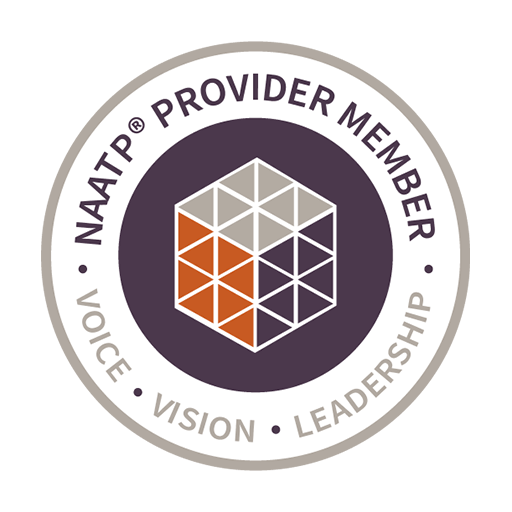
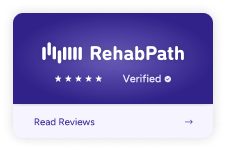

Identifying Early Signs of Relapse
Emotional and Psychological Signs
- Increased feelings of anxiety, depression, stress, guilt, or doubt
- Noticeable increase in the frequency or intensity of urges or cravings
- Mood swings
- Overconfidence in recovery, or feeling that you are “cured” of addiction
- Feeling isolated from friends, family, and support
- Rationalizing past substance use
Behavioral Signs
- Skipping out on recovery meetings
- Self-isolation practices
- Attending high-risk situations, even if under the pretense of trying to “test” yourself and your sober skills
- Connecting with people or social groups who may not support sobriety, or who were tied to past use of drugs or alcohol
- Difficulty managing daily responsibilities, either in professional life or at home
- Increase in secretive behavior
- Suppressing emotions
Physical Signs
- Physical and emotional fatigue
- Unhealthy diet
- Lack of sleep
- Poor self-care
Your Relapse Prevention Program at Hawaii Island Recovery
Individualized Relapse Prevention Program
However, you are never locked into a single plan or strategy. Practicing mindfulness strategies can empower you to identify when certain aspects of your recovery may be more challenging. You can also always pivot to new treatment options, modalities, and therapies throughout your recovery, from your first step in detox or continuing to manage your successful, sober life as an alumnus.

Developing Healthy Coping Mechanisms
Mindfulness practices, motivational interviewing (MI), self-care options, role playing, exercise, nutritional support, communication strategies, gratitude, and even spiritual practices can all make up effective coping strategies for navigating stress and the effects of the early stages of relapse. Combining effective coping skills with mindfulness practices can empower you to identify stress and take action to safely and effectively process these challenges without drugs or alcohol. The wealth of professionals and peers can be paramount in helping you explore new ideas, perspectives, and strategies in your sober life.

Building a Strong Support Network in Your Relapse Prevention Program
Effective Techniques for a Relapse Prevention Program
- Identifying and Avoiding High-Risk Situations: Recognizing high-risk situations can help you avoid unnecessary risks or recognize when you may be overconfident or unnecessarily risking your hard-earned sobriety.
- Managing Stress and Anxiety: Stress is a part of daily life. However, knowing how to process it can prevent alcohol or drug use from becoming a coping strategy once again. Self-care, communication techniques with trusted loved ones, healthy physical exercise routines, setting goals, and managing expectations can all help to address these feelings and maintain a healthy sobriety and daily life.
- Developing Healthy Coping Mechanisms: Learning how to cope with challenges is a personal journey, and can vary from person to person. Experiential therapy can help you explore new activities, self-care options, and mindfulness practices like meditation, yoga, and more. Healthy sleep routines, hobbies, breathing exercises, engaging in creative outlets, practicing gratitude, journaling, and more are all potential ways of coping with stress. Working with professionals and learning from peers can help you find your most effective coping mechanisms for navigating stress, doubt, and much more.
- Communication Strategies for Families and Support: It is normal to want to avoid difficult conversation topics. However, talking about personal needs, goals, and challenges can help you overcome these hurdles without returning to the use of drugs or alcohol. Practicing effective communication with family members can also empower them to be more effective, active supports in your recovery journey, helping to prevent relapse and make necessary changes to manage stress and further develop these important relationships.
Developing a Personal Relapse Prevention Program
Your relapse prevention program will be unique, and there is never a “one-size-fits-all” approach to anything in addiction recovery. However, this also gives you the agency to take control of your healing. Exploring personal options and creating your own set of skills to address your unique challenges, stresses, and needs is the best way to both prevent relapse and make the most of your daily sober life.
For some, these personal relapse prevention plans may include medication-assisted treatment. While medication is not a replacement for therapy and personalized care, options like naltrexone, methadone, or buprenorphine, while under the supervision of professionals, can provide an additional layer of support to overcome personal challenges and explore lasting change.
Ongoing and Aftercare Support
From outpatient treatment to virtual care options, you are never left without support or isolated at any stage of your recovery. We are always one call away, ready to help you not just celebrate accomplishments in sobriety, but address new stresses and challenges as they arise for a sustainable sober life.
Peer Support and Mentorship
Meet Your Treatment Team

Stephen H. Denzer, M.D., FACP
Medical Director | Board Certified in Addiction and Internal Medicine

Frank Capatch, LCSW
Clinical Director & Lead Therapist
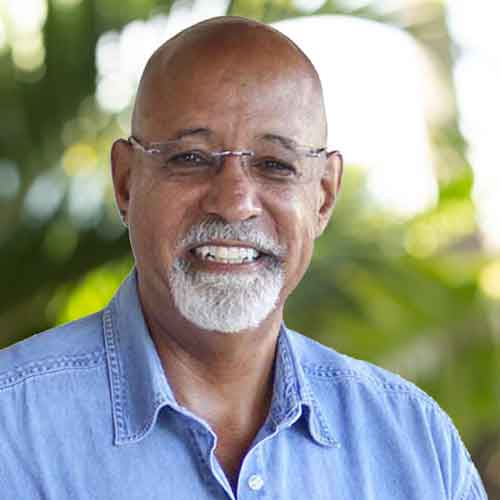
Fernando Manon, MSED., CSAC
Therapist

David Molletti, BS, NCACI, CFTP
Operations Coordinator and Family Therapist
Ready to Experience the Hawaii Island Difference?
FAQs
Relapse occurs when a person returns to the use of drugs or alcohol after receiving treatment for substance abuse or substance use disorder (SUD). However, it is more than just beginning to drink after treatment for alcohol dependence or using drugs again after drug addiction treatment programs. Rather, it is a return to the lifestyles, perspectives, habits, and daily routines that accompany substance abuse and addiction. This return to both substance use and self-destructive behaviors can be difficult to address and often demands a return to some level of professional care.
Returning to detox and treatment to explore not just the reasons behind the relapse, but also to develop new strategies to prevent relapse in the future, is necessary. However, you do not necessarily have to “restart” your entire sober journey. Rather, you can work with professionals to explore what worked and what areas may need more development to continue your sober journey, returning to inpatient care or outpatient treatment depending on your needs.


